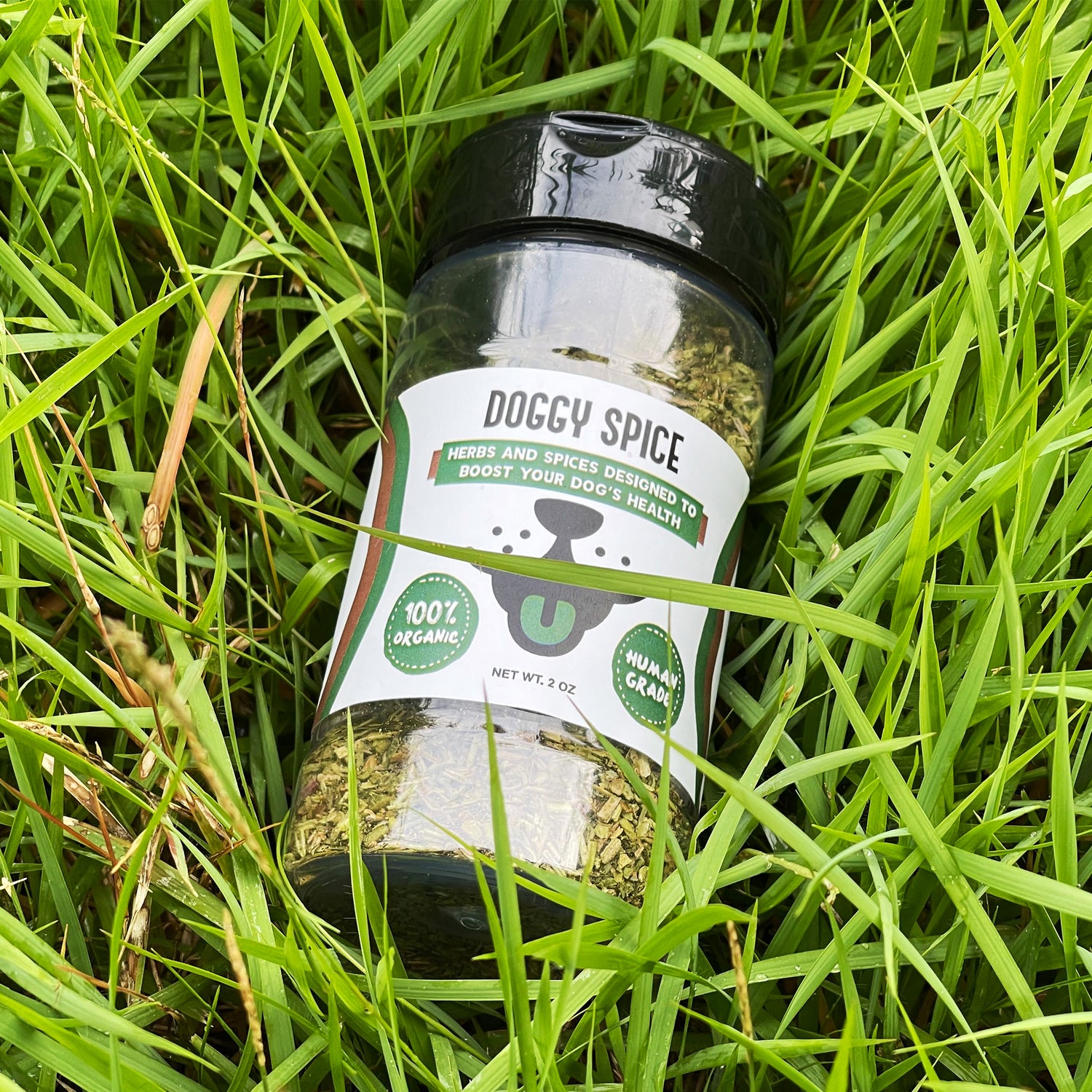
Unlock the Power of Parsley for Your Dog
Share
Introduction
Parsley, an aromatic herb, is not just for garnishing your meals—it can also be a valuable addition to your dog’s diet. But is all parsley safe for dogs? How much should you give, and what benefits does it provide? In this guide, we’ll explore everything you need to know about feeding parsley to your furry friend.
Why Parsley for Dogs? 🌿
Parsley is rich in vitamins and minerals that support your dog’s overall health. It can help freshen breath, aid digestion, and even provide anti-inflammatory benefits. However, not all parsley is safe, and proper moderation is key.
Benefits of Parsley for Dogs:
✅ Rich in Nutrients:
Contains vitamins A, C, and K, as well as folate and iron.
✅ Anti-inflammatory Properties:
Helps reduce inflammation and promote joint health.
✅ Breath Freshener:
Acts as a natural deodorizer for your dog’s mouth.
✅ Digestive Aid:
Supports a healthy digestive system and reduces bloating.
✅ Antioxidant Powerhouse:
Protects against cell damage with its high levels of antioxidants.

Types of Parsley: What’s Safe for Dogs? 🐾
Not all parsley is created equal. Here’s what you need to know:
| Type of Parsley | Safe for Dogs? | Notes |
| Curly-leaf Parsley | ✅ Yes | Best option for dogs; milk and nutrient-rich. |
| Flat-leaf Parsley | ✅ Yes | Safe, but slightly strong flavor than curly-leaf. |
| Spring Parsley | ❌ No | Toxic to dogs due to high furanocoumarin levels. |
How to Serve Parsley to Dogs
Parsley should be introduced gradually to your dog’s diet. Here are some easy ways to serve it:
1. Chopped Fresh Parsley:
Sprinkle a small amount over your dog’s regular meals.
2. Parsley Tea:
Brew parsley in hot water, let it cool, and serve as a refreshing drink.
3. Parsley Ice Cubes:
Freeze parsley with water in ice cube trays for a hydrating treat.
4. Doggy Spice:
Skip the guesswork and use a supplement like Doggy Spice to add the benefits of natural herbs like Parsley to your dog's diet.
How Much Parsley is Safe?
While parsley is safe in moderation, too much can be harmful.
General Guidelines:
• Small Dogs: 1/4 teaspoon per day.
• Medium Dogs: 1/2 teaspoon per day.
• Large Dogs: 1 teaspoon per day.
👉 Avoid giving parsley daily for extended periods. It’s best used occasionally as a health booster.
“Parsley contains apigenin, a natural compound known for its anti-inflammatory and antioxidant properties, which can support canine health. However, excessive amounts can irritate the stomach or cause toxicity.” — Veterinary Nutrition Journal
Parsley for Dogs Frequently Asked Questions (FAQ) 🧐
Can dogs eat parsley every day?
No, parsley should be given occasionally to avoid potential side effects.
Is parsley toxic to dogs?
Only spring parsley is toxic. Curly-leaf and flat-leaf parsley are safe in moderation.
Can parsley help with bad breath?
Yes, parsley acts as a natural breath freshener for dogs.
How do I know if my dog is allergic to parsley?
Watch for signs like vomiting, diarrhea, or itching after introducing parsley.
Is parsley good for senior dogs?
Yes, parsley’s anti-inflammatory properties can benefit older dogs with joint issues.
Top Herbs and Spices to Keep Your Dog Healthy All Year 🌿
- Cleavers (Galium Aparine) - Supports lymphatic health
- Rosemary- Antioxidant-rich
- Dandelion Greens - Provides vitamins A, C, and K
- Basil - Calming properties
- Peppermint - Aids digestion
- Celery Seeds - Anti-inflammatory benefits
- Dill - Rich in antioxidants
- Oregano - Immune-supporting
- Thyme - Immune booster
- Ginger - Soothes stomachs
- Tumeric - Anti-inflammatory properties
These herbs and spices can easily be incorporated into your dog’s meals with Doggy Spice to promote overall well-being. 🌱
Risks of Parsley for Dogs ⚠️
❌ Overconsumption:
Too much parsley can irritate the stomach and cause digestive upset.
❌ Pre-existing Conditions:
Avoid parsley for dogs with kidney issues, as its diuretic properties may exacerbate the condition.
❌ Pregnancy:
Pregnant dogs should not consume parsley due to its potential to stimulate uterine contractions.
Conclusion
Parsley can be a healthy addition to your dog’s diet when used in moderation. It’s packed with nutrients that support overall health, freshen breath, and aid digestion. Always choose safe varieties like curly-leaf or flat-leaf parsley and consult your vet before making any significant dietary changes for your furry friend.
References
1. Veterinary Nutrition Journal. (n.d.). Parsley Benefits and Risks for Dogs. Retrieved from https://www.vetnutritionjournal.org
2. American Kennel Club (AKC). (n.d.). Safe Herbs for Dogs. Retrieved from https://www.akc.org/expert-advice
3. Canine Health Foundation. (2023). Herbal Additions to Canine Diets. Retrieved from https://www.caninehealthfoundation.org

